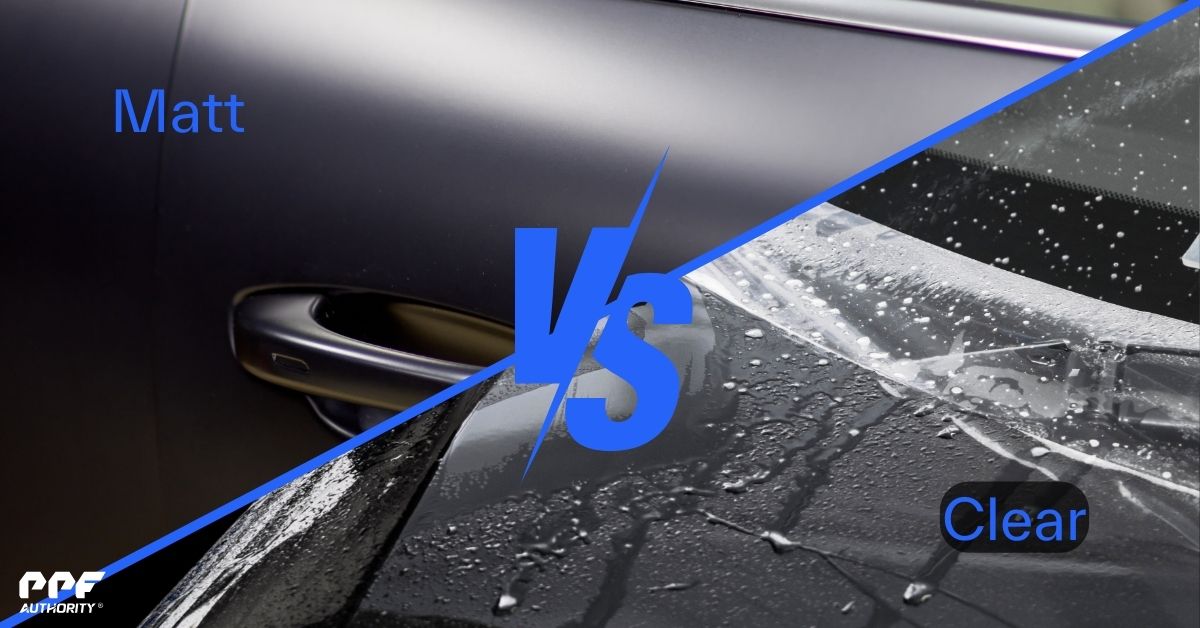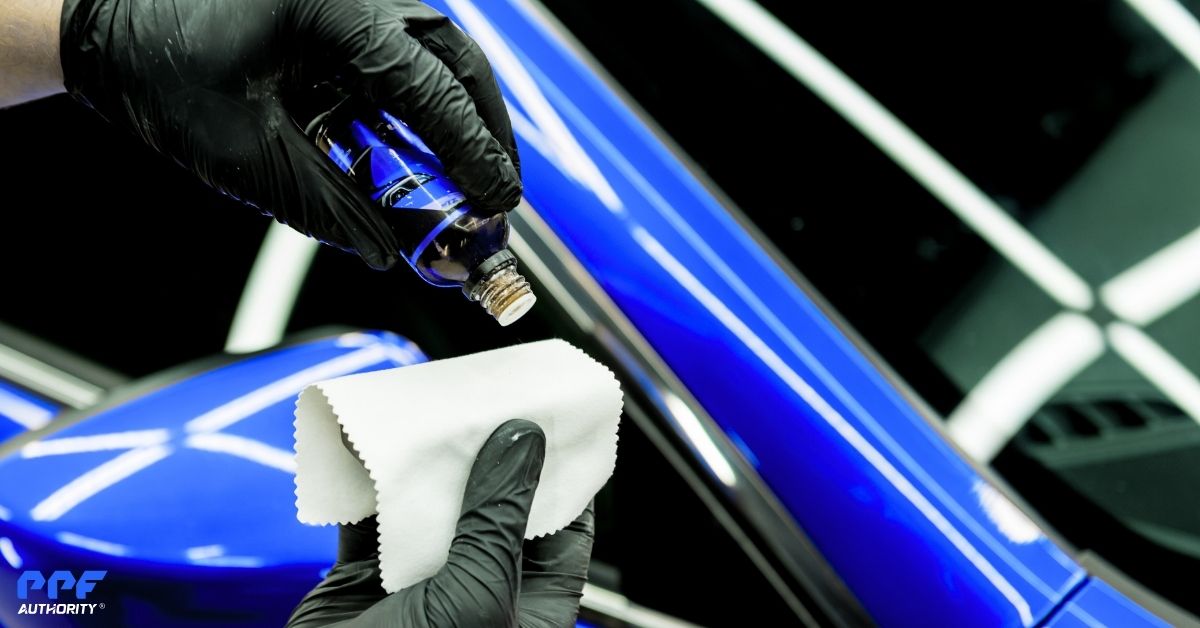Most drivers think of automotive window tinting as a way to enhance privacy or improve the look of their vehicle. However, one of the most important benefits of car window tinting is its ability to protect your health by blocking harmful UV rays.
Long-term exposure to ultraviolet (UV) radiation while driving increases the risk of skin cancer, premature aging, and eye damage. Fortunately, high-quality window tint provides essential UV protection, helping to keep you and your passengers safe.
In this article, we’ll explore the health benefits of automotive window tinting, how it helps reduce skin cancer risk, and why it’s a smart investment for every driver.
How UV Radiation Puts Drivers at Risk
☀ UV Rays Can Penetrate Car Windows
Many people believe they are protected from the sun while inside their car. However, standard car windows only block about 25% of UV rays, leaving you vulnerable to:
- Sunburns and long-term UV exposure
- Skin aging, wrinkles, and sunspots
- Higher chances of developing skin cancer
💡 Did You Know? A study published in JAMA Dermatology found that left-side skin cancer is more common in drivers because UV rays penetrate car windows and continuously expose the left arm and face.
Automotive Window Tint Blocks 99% of Harmful UV Rays
🛡 A Shield Against Skin Cancer & Sun Damage
High-quality automotive window tint provides a protective barrier that blocks up to 99% of UVA and UVB rays, significantly reducing your risk of skin cancer and premature aging.
- UVA rays cause deep skin damage, wrinkles, and aging.
- UVB rays lead to sunburns and increase the risk of melanoma.
💡 Pro Tip: Ceramic and carbon window tints offer the best UV protection without darkening your windows too much.
Reduces Skin Cancer Risk for Drivers & Passengers
🚨 Long-Term Exposure Adds Up
Since most people spend hours per week in their vehicle, prolonged UV exposure while driving can lead to:
- Basal cell carcinoma (BCC) – The most common type of skin cancer, often appearing on the face or hands.
- Squamous cell carcinoma (SCC) – A more aggressive form of skin cancer linked to sun damage.
- Melanoma – The deadliest form of skin cancer, often caused by chronic UV exposure.
💡 Did You Know? According to the Skin Cancer Foundation, one in five Americans will develop skin cancer, and regular UV exposure while driving increases this risk.
Prevents Premature Aging & Skin Damage
🧴 A Natural Sunscreen for Your Skin
Sun exposure while driving can cause premature aging, leading to:
- Wrinkles & fine lines
- Dark spots & hyperpigmentation
- Loss of skin elasticity
Using sunscreen while driving is impractical, but window tinting offers round-the-clock UV protection without the need for reapplication.
💡 Pro Tip: Window tint acts like sunglasses for your skin, reducing long-term damage and keeping you looking younger.
Protects Your Eyes & Reduces Glare
😎 A Safer, More Comfortable Drive
Bright sunlight and UV rays can cause eye strain and long-term vision problems, including:
- Cataracts – A leading cause of blindness worldwide, linked to prolonged UV exposure.
- Macular degeneration – A condition that damages central vision.
- Photokeratitis (sunburn of the eye) – A painful condition caused by UV exposure.
Tinted windows reduce glare by up to 80%, improving visibility and preventing dangerous distractions while driving.
💡 Did You Know? Professional-grade tints filter out both UV and infrared radiation, helping protect your eyes and vision.
Keeps Your Car Cooler & Reduces Heat-Related Health Risks
❄ Prevents Overheating & Heat Stroke
Excessive heat inside a car can lead to heat exhaustion, dehydration, and heat stroke, especially for:
- Children & infants who are more vulnerable to extreme temperatures.
- Elderly passengers with heat sensitivity.
- Pets left in the car (even for a short time).
Automotive window tinting can reduce interior temperatures by up to 60%, creating a safer and more comfortable driving environment.
💡 Pro Tip: A cooler car also means less reliance on air conditioning, improving fuel efficiency and reducing emissions.
Reduces the Need for Sunscreen While Driving
🌱 A Chemical-Free Alternative to SPF
Many dermatologists recommend wearing sunscreen indoors and while driving, but window tint offers:
- A permanent, no-maintenance solution to UV protection.
- Chemical-free shielding, avoiding excess sunscreen use.
- 24/7 protection without reapplication.
💡 Did You Know? Window tinting provides SPF 1000+ protection, far beyond what sunscreen can offer.
Protects Your Car’s Interior from Sun Damage
🚗 Preserve Your Upholstery & Dashboard
Just like your skin, your car’s interior is vulnerable to sun exposure. UV rays can:
- Fade leather and fabric seats.
- Cause dashboards to crack and warp.
- Weaken plastic components over time.
💡 Pro Tip: Window tinting prolongs the life of your car’s interior, reducing maintenance and resale value loss.
Creates a Safer Driving Environment
🔒 Strengthens Windows & Prevents Shattering
Security window films provide an extra layer of protection by:
- Reinforcing glass, making it harder to break.
- Holding shattered glass together, reducing injury risks during accidents.
- Deterring break-ins, as thieves can’t easily shatter tinted windows.
💡 Did You Know? Security window films are commonly used in high-end vehicles and luxury cars for extra protection.
Increases Comfort & Reduces Stress While Driving
🚘 A Better Driving Experience
By reducing heat, glare, and UV exposure, window tinting helps:
- Keep you comfortable during long drives.
- Minimize distractions caused by bright sunlight.
- Lower fatigue by maintaining a cooler environment.
💡 Pro Tip: A more comfortable driver is a safer driver—tinted windows help you stay focused and alert.
Final Thoughts: Automotive Window Tinting is Essential for Health & UV Protection
From reducing skin cancer risk to improving driving comfort, automotive window tinting is a must-have upgrade for every vehicle owner.
✅ Key Health Benefits of Automotive Window Tinting:
- Blocks 99% of harmful UV rays to protect your skin.
- Reduces glare & eye strain for safer driving.
- Prevents heat-related health risks.
- Preserves car interiors & enhances resale value.
- Provides a long-term, chemical-free alternative to sunscreen.
👉 Want to protect yourself and your passengers? Contact us today for professional car window tinting installation! 🚗✨

